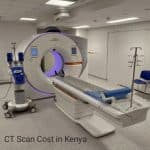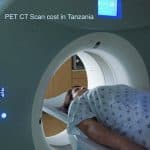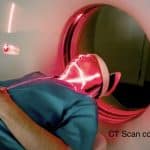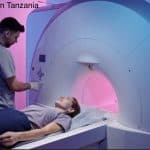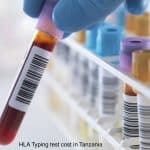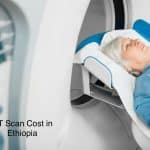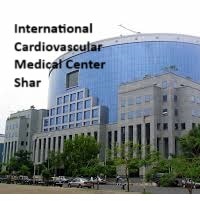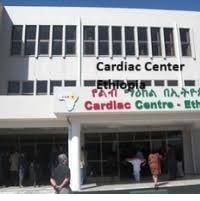Will health insurance cover your MRI Scan in Kenya?
In Kenya, coverage for MRI scans by health insurance can vary depending on the specific insurance plan. Some health insurance policies may partially or fully cover the cost of MRI scans, while others may not include it in their coverage. It’s essential to review your insurance policy or contact your insurance provider directly to understand the extent of coverage for diagnostic imaging procedures such as MRI scans. Keep in mind that factors such as the type of insurance plan, network coverage, and policy terms can influence whether or not the MRI scan costs are covered.
Reasons it might be covered:
- Medical Necessity: If the MRI scan is deemed medically necessary by a healthcare professional to diagnose or monitor a specific health condition, insurance may be more likely to cover it.
- Policy Inclusions: Some comprehensive health insurance plans explicitly include diagnostic imaging procedures like MRI scans in their coverage.
- Preauthorization: Insurance providers may require preauthorization for certain procedures. If the MRI scan is preauthorized, it’s more likely to be covered.
Reasons it might not be covered:
- Policy Exclusions: Some insurance policies may have exclusions for certain diagnostic tests or procedures, and MRI scans may fall under such exclusions.
- Network Limitations: Insurance plans often have preferred networks of healthcare providers. If the MRI is performed outside the network, coverage may be limited or not applicable.
- Preexisting Conditions: Some policies may not cover preexisting conditions, and coverage for related diagnostic tests might be affected.
Here’s a list of health insurance providers in Kenya:
- NHIF (National Hospital Insurance Fund) – Government-sponsored health insurance program in Kenya.
- APA Insurance – Offers a range of health insurance products for individuals and groups.
- AAR Insurance Kenya – Provides various health insurance plans, including individual and corporate options.
- Resolution Insurance Kenya – Offers health insurance plans for individuals, families, and businesses.
- UAP Old Mutual Insurance – Provides health insurance coverage for individuals and groups.
- CIC Insurance Group – Offers health insurance products along with other insurance services.
- Britam Insurance – Provides health insurance solutions for individuals and corporate clients.
- GA Insurance Kenya – Offers health insurance plans with different coverage options.
- Heritage Insurance Company – Provides health insurance coverage for individuals and groups.
- Kenindia Assurance Company – Offers health insurance products along with other insurance services.


